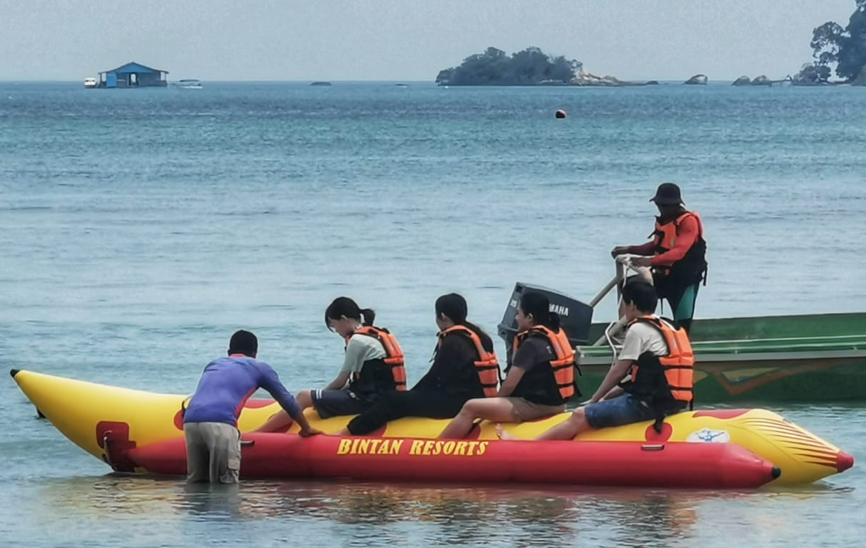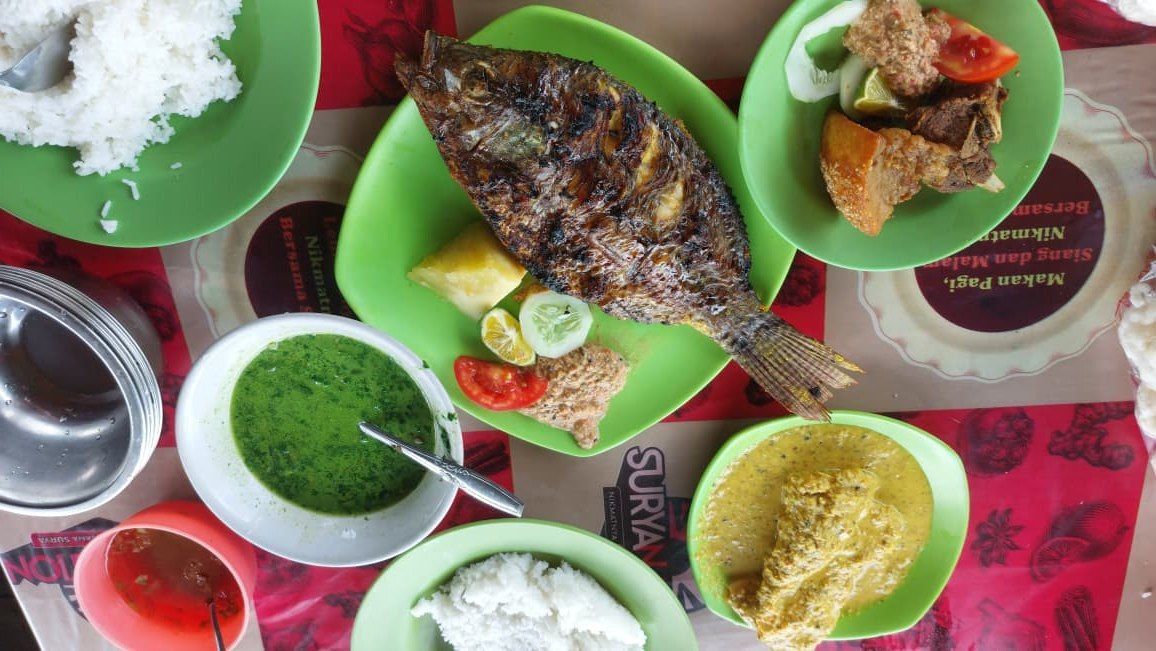An Aussie sports field has been forced to shut for a month because a protected native bird has laid an egg on the pitch.
Soccer players who turned up for a match at Jerrabomberra Regional Sports Complex last weekend were instructed to play on another field after a nesting plover laid an egg in the centre circle.
Plovers are known for their fiercely-protective aggressive nature after their chicks have hatched.
The adult birds will repeatedly dive at intruders and use loud noises or swooping actions to deter them away from their nests.
'A plover laid an egg on the synthetic football field at the Regional Sports Complex,' Queanbeyan-Palerang Regional Council told Yahoo News Australia.
'After advice from the local native wildlife service, Wildcare, the sporting club moved the games from the field and used an adjacent field.'
A sports field in regional Australia has been forced to shut for a month because a protected native bird has laid an egg on the pitch
Players were told to move to another field after a nesting plover laid an egg in the centre circle
Plovers are known for their aggressive nature after their chicks have hatched and use swooping tactics and loud noises to deter intruders (pictured: stock image of plover bird)
The field in question could be shut for as long as 28 days.
'We must be proactive in protecting native species. If moving the egg is necessary, Council will need to engage specialists and seek the required permissions,' Council said.
'We are very appreciative of the local football teams for moving their games and training, and we are accommodating their needs on other fields.'
Why are Plover birds aggressive?
Description:
Plovers or Masked Lapwings are fairly large birds that have long reddish legs and large yellow facial wattles.
They inhabit virtually the whole of Australia and are commonly found on the shores of lakes and large grassy areas, particularly those areas cleared for pasture or parkland.
Aggressive nature:
Plovers are very protective of their nests and chicks and adults will dive on intruders, use loud noises and swooping to lure the intruder away from the nest.
This behavior is mostly bluff and actual contact attacks are rare.
Regardless, it is this fearlessly protective nature that brings them into conflict with people.
What to do if you are swooped:
- If you have plovers swooping in your area, try to avoid the nesting area and do not antagonise the birds.
- If you cannot avoid the area, try not to walk directly towards the birds or make eye contact with them. Wearing a large hat or bike helmet when in their vicinity can also help.
- If the nest site is simply in a vulnerable position, a protective fence/table/chair can be placed over the nest site so that the birds can come and go safely until the chicks are hatched.
- If the problem cannot be avoided or solved, or if you are unsure, call WIRES for advice 1300 094 737.
Credit: WIRES

 6 months ago
68
6 months ago
68

















































